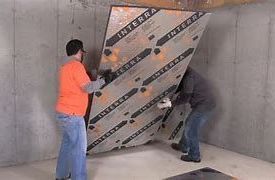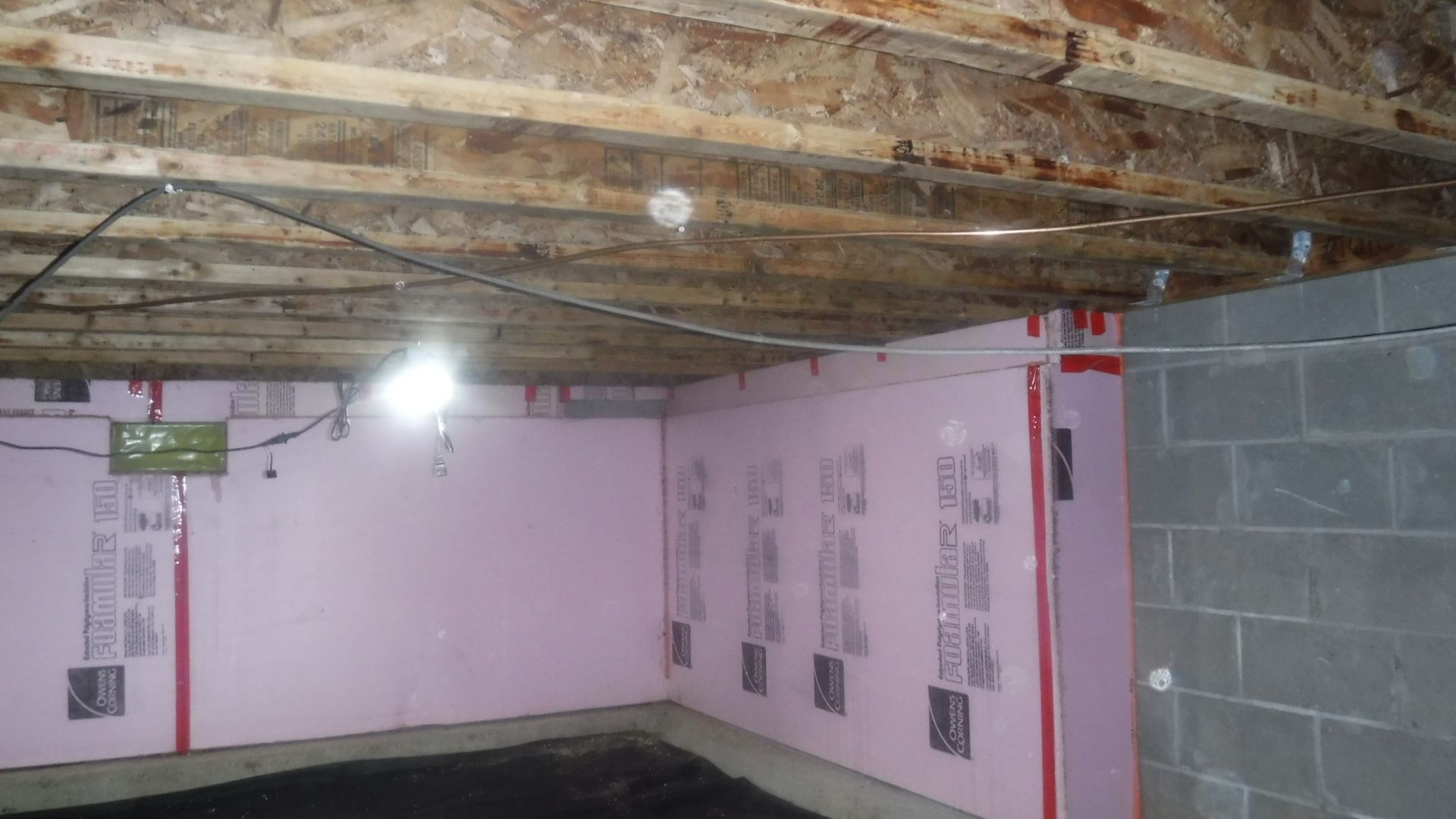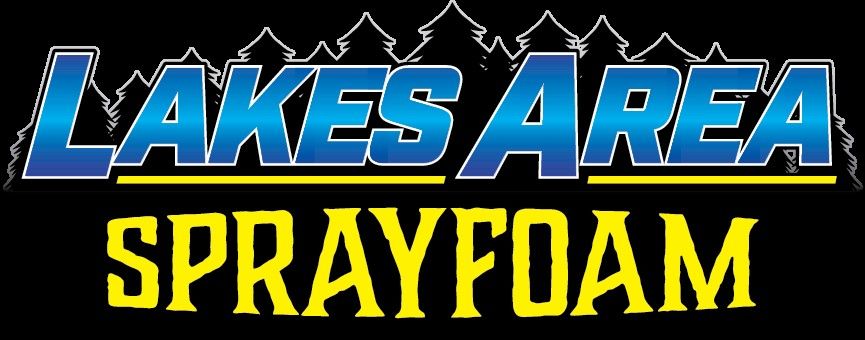RIGID/SEMI-RIGID INSULATION
Rigid foam or foam board is a type of continuous insulation most commonly applied to the building’s exterior wall, roof, and foundation.
Rigid foam has a closed-cell structure that does not allow air to pass through it.
Rigid insulation is a type of building material used in construction to create a thermal barrier between the interior and exterior of a building.
It helps regulate temperature and improve energy efficiency. Here are some key points about rigid insulation:

Material Types:
- Rigid insulation comes in various materials, including extruded polystyrene (XPS), expanded polystyrene (EPS), and polyisocyanurate (polyiso).
- These materials have closed-cell structures, preventing air from passing through.
Applications
- Exterior walls: Attached to the outside of the framing, it reduces thermal losses through thermal bridging.
- Roofs: Provides insulation between the roof structure and the interior.
- Foundations:
Insulates below-grade areas to prevent heat loss.
Benefits
- High R-values: Rigid insulation offers excellent thermal resistance.
- Strength: It provides structural support and durability.

Moisture Resistance:
Closed-cell structure makes it highly moisture-resistant.
Rigid & Semi-Firm Insulation Benefits
Energy Efficiency:
By improving thermal performance, semi-rigid insulation contributes to energy savings. Reduced energy consumption leads to lower utility bills and a smaller environmental footprint.
Acoustic Insulation:
Besides thermal benefits, semi-rigid insulation also dampens sound transmission. It can improve the acoustics within a building by reducing noise from adjacent rooms or external sources.
Fire Resistance:
Many semi-rigid insulation materials are fire-resistant. They can slow down the spread of flames and provide additional safety in case of a fire.
Moisture Resistance:
Semi-rigid insulation materials are less prone to absorbing moisture compared to some other types of insulation. This helps prevent mold growth and maintains the material’s effectiveness
Easy Installation:
Semi-rigid insulation boards are relatively easy to handle and install. They can be cut to fit irregular spaces and are suitable for both new construction and retrofitting existing buildings.
Durability:
These insulation boards are sturdy and durable. They can withstand mechanical stress, making them suitable for areas with potential impact or vibration.
Remember that the specific benefits may vary based on the type of semi-rigid insulation material used and the application context. Always consult with a professional to choose the right insulation solution for your specific needs.
